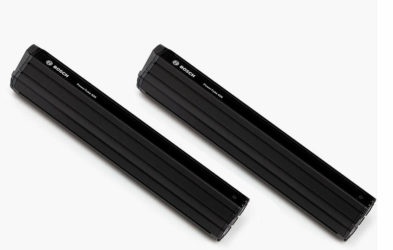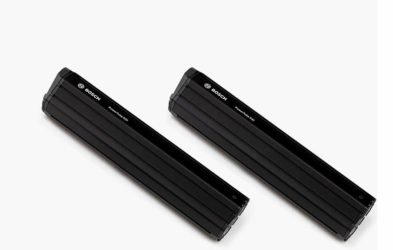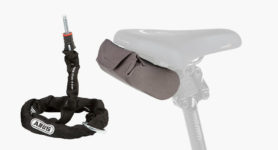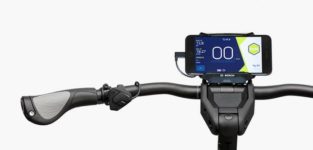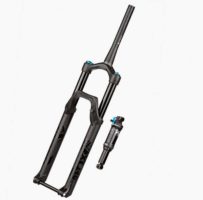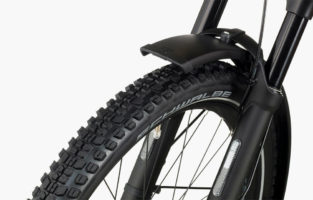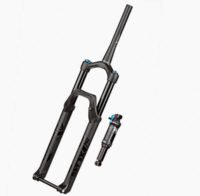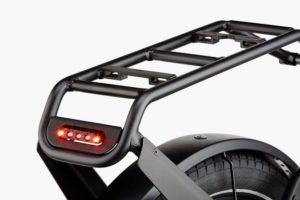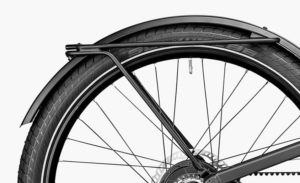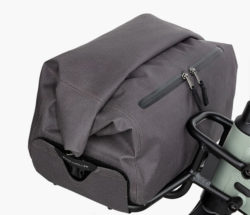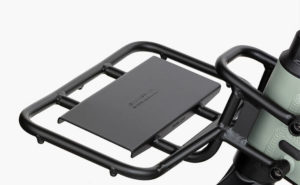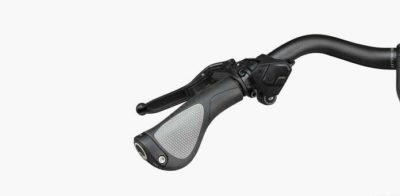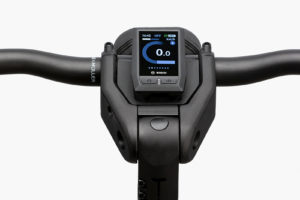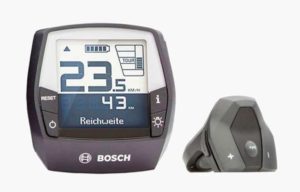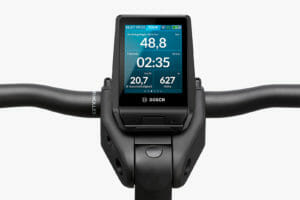I am often asked by my customers if I sell electric bikes which are more powerful and will go faster. Whilst the short answer is, yes, I have outlined below why I think you should avoid these and what makes an electric bike legal/illegal to ride on UK roads.
What is the law regarding e-bikes in the UK?
In the UK we have a really great law that allows riders of compliant electric bikes to ride their bikes with the same freedoms as a traditional bike. This means you can ride on public roads with no need to register your bike, or pay vehicle excise duty as you do in a car. There is also no need to have costly insurance although it is available, should you wish to protect your pride and joy. But, if you want to benefit from these freedoms, it is important to ensure you have a compliant bike.
If you want to be sure the new bike you are considering purchasing is compliant, here are the boxes you should be ticking;
- The bike must have pedals which are capable of propelling it
- It must not have a throttle
- The rider must be at least 14 years old
- It must have a nominal power of no more than 250W
- It has a maximum assisted speed of 15.5mph (25kmh)
Whilst you will find most major electric bike manufacturers like Riese & Muller, Haibike, Specialized etc will all comply with this law, you may see some manufacturer offering bike which fall into another European category called speed pedelecs. Essentially, these bikes are capable of assisting riders up to speeds of 30mph (45kmh). You will find these denoted by the letters ‘HS’ tagged on the end of any Riese & Muller model number. E.g Supercharger2 GT Rohloff HS.
The first two points on the list, are pretty straight forward and self-explanatory. I would suggest if you were riding a bike without pedals and a twist and go throttle we could all accept that is an electric motorbike! Really great fun, but not compliant as an electric bike.
The age restriction makes some sense, though I personally think it might be a little restrictive. It’s most likely aimed at users of bikes on the road, but I would argue a thirteen-year-old can put themselves in just as much danger on a traditional bike. But equally, this is not an area of the law which is of much concern other than for rental companies, as not many children have parents willing to buy them an electric bike due to the price tag.
Is 250W enough power on an electric bike?
If you are new to electric bikes, don’t be put off by the power limits.
First, we need some context. Is 250W a lot or a little? As a guide, I have a friend who is super fit, rides every day and records it all on Strava to brag about how good he is…yawn. On his rides, he is averaging 185-225W. He is obsessive, and I never want to get like him but i’ll happily have the same power! So, in this context 250W is more than enough power.
Looking a little deeper into the specification of a motor, the 250W nominal power is a little misleading (which is good for the power freaks). As all motors are designed to have 250W of power, the number you should be looking at is the torque measured in Newton meters (Nm). The basic idea is that motors with greater torque provide a higher peak power. Peak power is the surge of power you feel as you push hard on the pedals, and is short-lived as the bike rapidly accelerates. As an example, the latest Bosch Performnce CX 2020 (Gen4) motor which is found in the Riese & Muller Superdelite, Delite, Supercharger2 and Charger3 has a torque of 75Nm and an estimated peak power of around 600W (although this is not published by Bosch). This power is more than enough, and actually becomes quite difficult to control when on loose ground as it can cause the rear wheel to lose traction and spin. And as you will know if you have ridden off-road before, trying to get going again with this much power/torque is not easy and can quickly take the fun out of a ride.
So, it has enough power, but is it fast enough?
This is a tricky one, and causes the most issues with people buying electric bikes. But don’t despair, yet. Let’s put this in context….
If you commute to work in your car, how much time do you spend sitting in traffic? If you travel at an average speed of 13mph on an electric bike you could cover the average commute of 8.5 miles in just over 39 mins. The difficulty is wiping the grin off your face when you get there, grinning like a cheshire cat is side effect of riding an electric bike.
And, if you ride off-road how fast do you think you will ride? Give it a try with an old mountain bike and an app like Strava, to see what speed you can ride at on the flat or up an incline, especially through narrow tracks, you’ll be surprised how fast 15.5mph actually is. And don’t forget, on an e-bike 15.5mph is just an assisted speed limit, get some downhill sections and your speed will increase rapidly thanks to gravity and the weight of the bike. 40 mph is easily in reach for the brave.
And what happens if I ignore all this and buy, something a little faster and more powerful?
If having read all this you decided you still don’t want to play by the rules and decide to get something which advertises as having more power, is de-restricted for speed, or has a twist and go throttle, what is the worst that could happen.
Well, when you go beyond the classification of an electric bike the next category up is a moped. And to ride a moped you need the correct category on your license, you will need to register the bike with DVLA (which may not be possible if you don’t have certain things like a mirror and the correct brake levers fitted), tax the bike and get insurance. In addition, you will need to wear a motorcycle helmet. And who is going to know if you just ride the bike without doing any of this? Nobody. Until you have an accident or are pulled over. At which point, you can be pretty sure your bike will be confiscated, and following further investigation you could be convicted of riding a moped without a license, registration, tax, insurance and without the correct safety kit. Worst of all this is likely to have an impact on your driving license and your ability to get insurance in the future.
Conclusion
When initially researching the purchase of an electric bike, the default position is to assume the limits imposed are too restrictive. This actually isn’t the case, and the best way to discover what they can do is to stop reading about them and get out and try it. You will be pleasantly surprised.
Contact us
Here at edemo.bike we are an authorised specialist dealer for Riese & Muller e-bikes, located in Bristol and in the Cotswolds. We have a large range of demonstrator bikes available to try (including Superdelite, Delite, Supercharger2) equipped with the latest Bosch motors. Call us 7 days a week 9am-5pm on 01453 834300 to arrange a demonstration or ask any questions.

